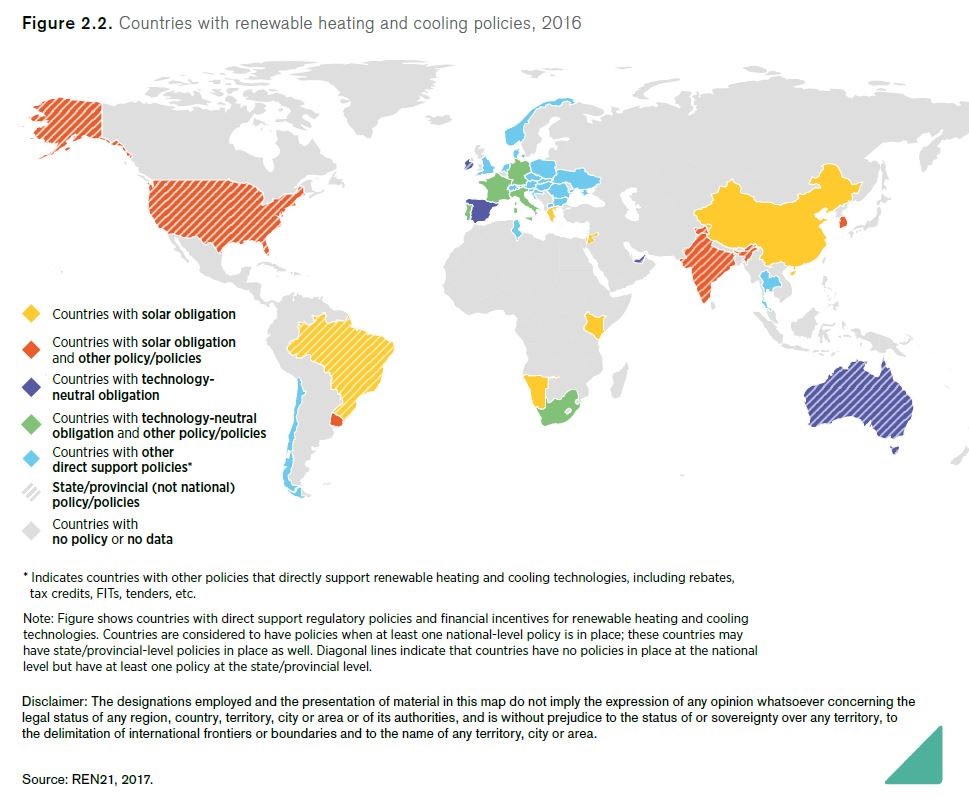News
Carbon Footprint ACP has a non-profit partner foundation
Carbon Footprint ACP is pleased to announce that we have launched a partner foundation, the Carbon Footprint ACP Foundation, in Suriname.
Registered in Suriname in 2016, the foundation Stichting Carbon Footprint ACP will serve to provide local implementation and oversight of sustainable development and/or climate adaptation and mitigation projects on a not-for-profit basis.
Report shows gaps where nations ‘committed’ to reductions have no policy mechanism to achieve them
The International Renewable Energy Agency (IRENA) has issued a new report developed in collaboration with the Renewable Energy Policy Network for the 21st Century (REN21). The report focuses on how policies made by governments worldwide trickle down into actions on the ground by businesses, agencies, regulators and ultimately consumers. The bottom line: in 2018, the vast majority of nations have not committed to supporting renewable energy sources by creating government policies to increase adoption.
The report is packed with data, neatly and succintly presented in an easy to read format. It’s a great resource and we recommend you download it and learn more here: https://www.irena.org/publications/2018/Apr/Renewable-energy-policies-in-a-time-of-transition
The infographic below is the copyright of REN21, 2017.

(c) Renewable Energy Policy Network 2017
Why does this matter? Identifying where nations have put a formal policy in place may seem a matter for academics, disconnected from our day-to-day life. But the significance of having a policy is that it means countries have actually set targets, for example “we aim to generate 25% of our energy from renewable sources by year x”. That in turn matters greatly, because it where specific targets exist, there is urgency toward a schedule for achieving it, and monitoring against the target on a regular basis. Many countries have signed on to the UN protocols for gradually REDUCING their carbon footprint, but have not put any national policy in place to MEASURE it.
